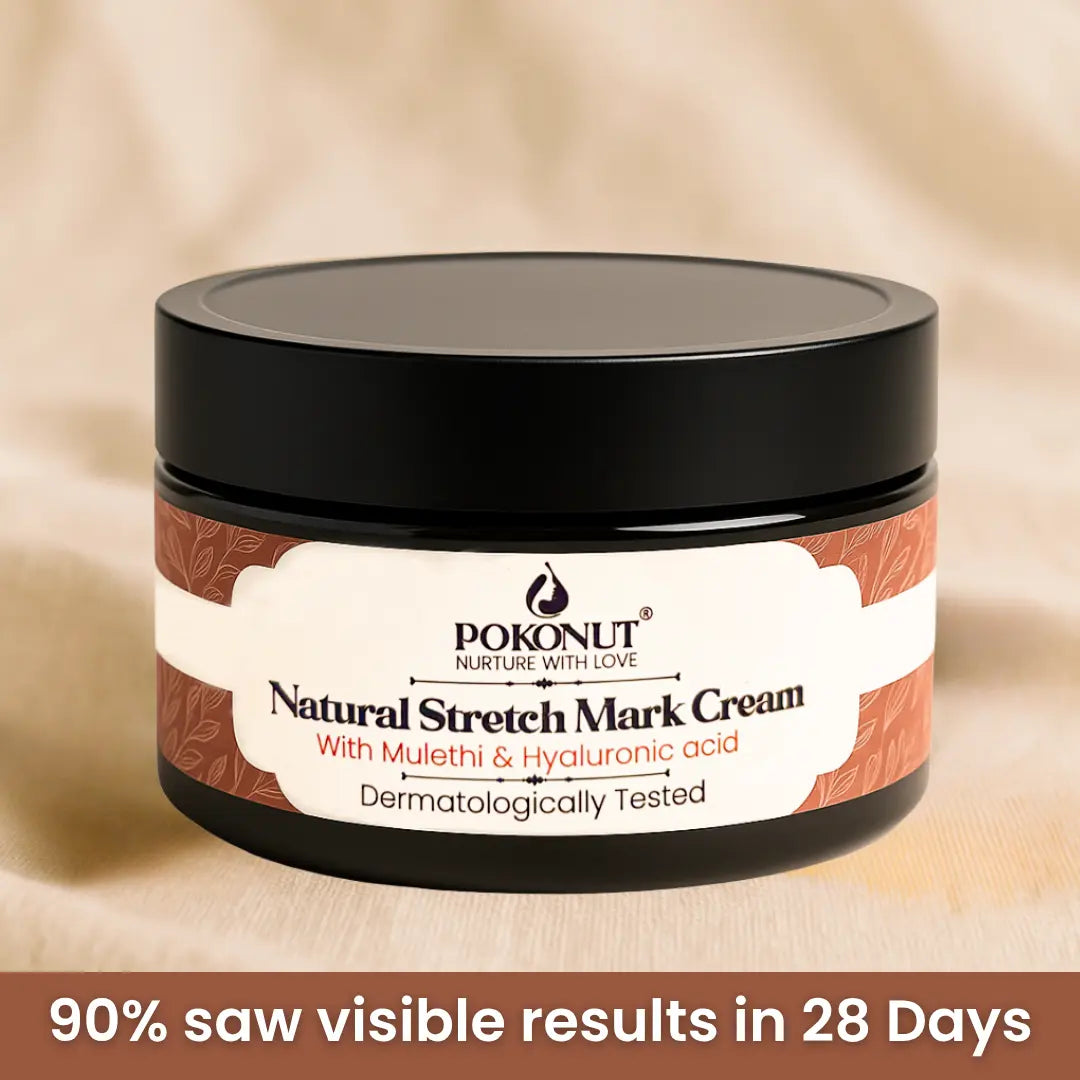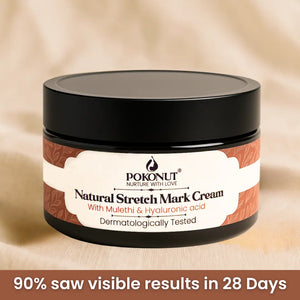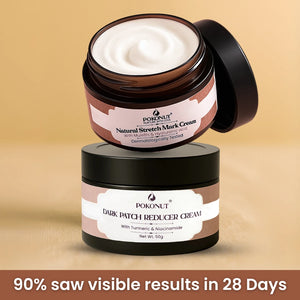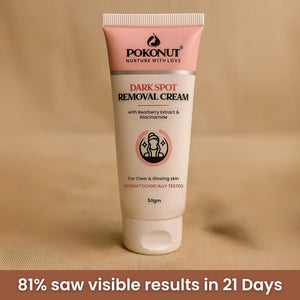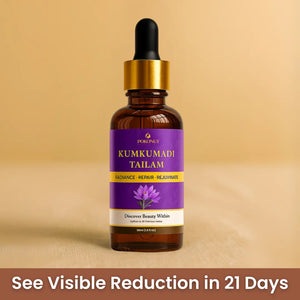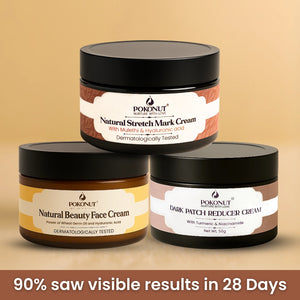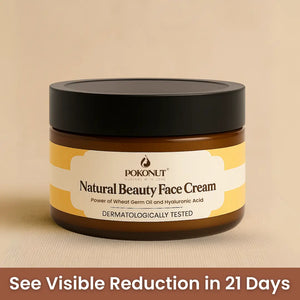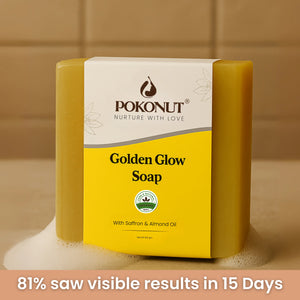What are the Benefits of Orange for Skin?

Medically Reviewed By:
Dr. Neeraj Bansal, BAMS
Written by Our Editorial Team
Oranges are rich in vitamin C, flavonoids, and natural fruit acids. These compounds have a direct impact on skin health. Vitamin C supports collagen production, reduces oxidative stress, and helps regulate melanin, which can improve skin tone and texture. When used correctly, oranges can help reduce dark spots, brighten dull skin, and protect against early signs of ageing. Whether included in your diet or applied through skincare, this fruit offers multiple benefits. In this blog, we explore the core benefits of orange for skin and how to use it effectively without depending on harsh DIYs or complicated routines.
1. Vitamin C in Oranges Supports Skin Repair

Vitamin C is a water-soluble antioxidant that helps the skin in multiple ways. It supports the synthesis of collagen, which maintains skin structure, elasticity, and firmness. It also reduces free radical damage caused by UV exposure or environmental stress.
Daily intake of vitamin C, through diet or topical application, may help reduce fine lines, prevent early sagging, and improve overall skin texture. Many skincare products include stabilized forms of vitamin C derived from citrus fruits for these exact reasons.
Topical serums formulated with vitamin C are often used to complement this benefit. A Vitamin C face serum with additional skin-calming ingredients can help maintain long-term skin clarity and resilience.
2. Natural Fruit Acids Gently Exfoliate

Oranges contain citric acid, which is part of the alpha hydroxy acid (AHA) group. AHAs are used in skincare for their exfoliating properties. When applied in controlled concentrations, citric acid helps remove dead skin cells, unclog pores, and support skin renewal.
Mild exfoliation can lead to brighter skin and improved texture. However, direct application of raw orange juice or peel powder can lead to irritation, especially in sensitive skin types. It is generally recommended to use well-formulated products where the concentration of citric acid is stabilized and balanced.
3. Flavonoids May Help Reduce Inflammation

Citrus fruits like orange contain flavonoids such as hesperidin and narirutin, which have anti-inflammatory and antioxidant properties. These compounds may reduce skin irritation, redness, or sensitivity caused by oxidative stress.
While flavonoids work systemically when consumed, some skincare products also use plant extracts or oils containing these antioxidants to support the skin barrier and calm inflammation. Combining citrus-derived antioxidants with skin-repairing herbs like licorice root can be an effective approach. If you’re interested in this, you can read more about how mulethi benefits the skin.
4. May Help Manage Pigmentation Over Time

Vitamin C is known to inhibit the enzyme tyrosinase, which plays a role in melanin production. By controlling excess melanin, it may help reduce the appearance of dark spots, sun spots, or post-acne marks.
Oranges do not bleach the skin. However, when used consistently in formulations, their vitamin C content can support gradual improvement in skin tone uniformity. This benefit is why orange extract or citrus-based vitamin C is commonly used in brightening serums.
It’s important to note that products containing citrus ingredients must be followed with sun protection to avoid further pigmentation. A daily-use SPF 50 sunscreen lotion helps reduce UV-triggered melanin activity and protects skin while using brightening treatments.
5. Supports Skin Barrier With Hydration and Antioxidants

The water content in oranges contributes to hydration when consumed. When used in skincare, orange extract may provide antioxidant support while calming the skin surface. The combination of antioxidants and hydration helps reinforce the skin barrier, making it more resilient against dryness and environmental stress.
Some formulations also include complementary ingredients like aloe vera or hyaluronic acid to enhance this benefit. If you're looking to combine orange-based ingredients with adequate sun protection, this blog on sunscreen myths and facts provides helpful context on choosing the right SPF.
Additional Considerations for Using Orange on Skin
-
Raw orange juice or peel is highly acidic and can irritate skin if used directly or frequently.
-
Topical vitamin C products offer a more stable and measured way to get the benefits.
-
Always use SPF when including citrus-based products in your routine to prevent photosensitivity.
-
For long-term results, consistency matters more than intensity. Mild, repeated use is better than one-off treatments.
Related read: Is soap better than shower gel? — a useful breakdown if your skin feels tight or dry after cleansing.
Summary
The skin benefits of orange come from three key elements—vitamin C, fruit acids, and antioxidants. Together, they support skin repair, reduce inflammation, encourage mild exfoliation, and help even out pigmentation over time.
While raw orange can be too strong for direct application, many formulations now use orange extract or vitamin C in safe, stable concentrations that your skin can tolerate well. To get the most from these ingredients, use them alongside barrier-supporting moisturizers and consistent sun protection.
The goal isn’t fast change—it’s steady, balanced care that your skin can sustain.
About Doctor :

